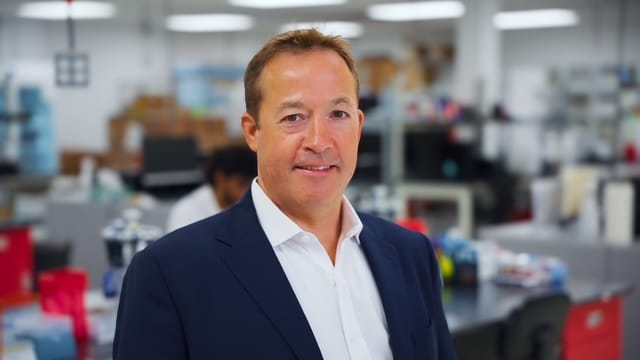Have you ever felt that there is something missing in your healthcare? Issues like type 2 diabetes, obesity, chronic pain, mental health symptoms, and autoimmune disorders are common problems brought to healthcare professionals. In fact, according to one study, nearly half of people in America deal with at least one chronic disease. People dealing with these seek change, guidance, relief, or even empowerment in their wellness. But many instead walk away with just another prescription (and sometimes more side effects), or yet another lab result. Which begs the question for some: should I hire a health coach?
Some of the biggest factors that feed into these conditions (like diet and lifestyle) require long-term behavioral change.. Many patients leave the doctor’s office feeling unequipped to make these changes. It’s a lost opportunity: addressing these very things holistically could be key to so much improvement. Fortunately, health coaches can be the perfect professionals to fill in this growing gap in healthcare.
What does a health coach do?
Our conventional mainstream system can be overburdened and limiting. Sure, we get our check-ups or yearly physicals, but this amounts to on average around 18 minutes of time with a healthcare professional, according to some sources. This is not enough time to get the full scope or understanding of a health issue, and dive deep into the factors that really matter.
Functional Medicine Certified Health Coaches are equipped to fill the gaps in communication and support—which are only widening in our current mainstream model. They can even be hired by doctors in a collaborative care setting to improve the quality of care for their patients. Functional Medicine Certified Health Coaches are trained in nutrition, good eating habits, positive mind-body relationship, self-care, and other lifestyle approaches. They have no stopwatch limiting how deep or wide their focus on you can be, or in the way they offer their skills and services to clients. They are also way more accessible than most doctors, ready and willing to respond to texts, messages, or quick check-ins. Health coaches are here for your emotional support and motivation as an important part of your wellness, too, and to help shoulder the potential burdens of everyday life—which can sometimes be the true sources of our health challenges.
A health coach’s goal is to make you feel a priority in your own health and needs, tailoring protocols for positive self-empowerment and proper nutrition to you and you alone—and not to trends or influencers. Their priority is to get clients settled into a healthy routine for them and only them—and only one small step at a time (or at your own pace).
What do health coaches help the most?
Doctors are often limited in the time they can spend advising patients on areas related to nutrition, self-care, proper exercise, good lifestyle habits, routine, the mind-body connection, and much more.
A Functional Medicine Health Coach is trained in all these areas. Coaches keep a close eye on the latest nutrition, wellness, lifestyle, and the latest discoveries and developments that really make an impact. These include:
- Gut health
- Anti-inflammatory diets
- Immune health
- Hormone health and balance
- The mind-body connection (how mental states affect physical wellbeing)
- Goal setting and managing
- Meditation and mindfulness
- Developing positive mindsets and outcomes
The best-trained Functional Medicine Health Coaches—certified by the Functional Medicine Coaching Academy (FMCA)—aim to personalize the management of your healthcare. Explore the possibilities with a health coach today.
Our Latest Blogs
-

Would You Be a Good Health Coach?
Read Full Article: Would You Be a Good Health Coach? -

Food Sensitivity Testing 101: Supporting Clients with Inflammation and Gut Issues
Read Full Article: Food Sensitivity Testing 101: Supporting Clients with Inflammation and Gut Issues -

Protein 101: The Health Coach’s Guide
Read Full Article: Protein 101: The Health Coach’s Guide

